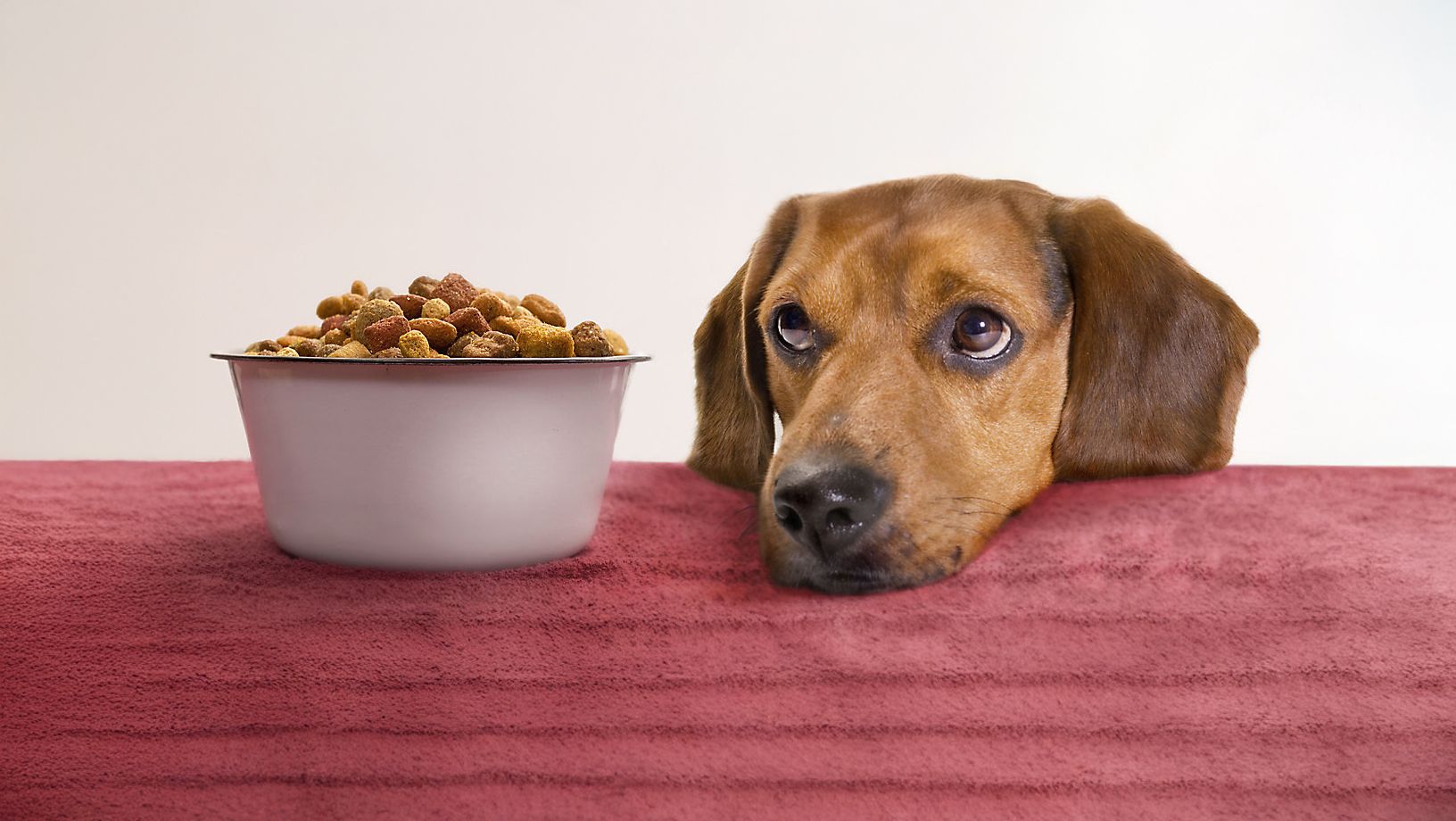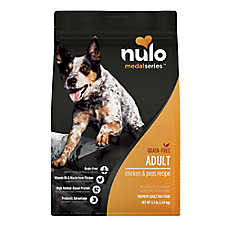What Should I Do If My Dog Won’t Eat?

It can be scary when a dog isn’t eating their food. Mealtime is usually the time of day that every pup looks forward to. They get to enjoy their favorite kibble or wet food and fill their tummies while tasting something delicious. When a dog is disinterested in their food, this is usually a cause for immediate concern. If you are unsure as to why your dog won’t eat, then you should consult with a veterinarian as soon as possible. There are many causes for why a pup might not eat their dinner, but a vet will know what questions to ask and how to form a plan to get your pup eating and enjoying their food again.
Potential Reasons That a Dog Isn’t Eating:
There are endless reasons why your dog won’t eat their food. Some of the most common contributing factors for a dog without an appetite include:
1. They Don’t Feel Well
When a dog is sick or doesn’t feel well, then they might not have the appetite they usually have. This can be true for many different illnesses or conditions. For example, if your dog has a food sensitivity that hasn’t been diagnosed yet, then their food might be upsetting their stomach and they might not look forward to mealtime.
Battling any kind of illness or condition can be tough on a dog’s body, causing them to temporarily lose interest in their food. It’s important to talk to a vet about your dog's health and well-being to see if their lack of appetite could be something health-related.
2. Their Teeth Hurt
When a dog has dental disease, then it may be hurting their mouth to chew their food. This can be especially painful for pups who eat dry dog food that’s crunchy and hard for them to chew.
3. They’re On Medication
If your pup recently started any new medications, then they might be experiencing changes in their appetite. Pet parents can talk to their vet about the potential side effects of their pup’s new medications and learn how to help them navigate those changes.
4. Their Food Has Changed
A change in your pup’s diet can easily make them lose interest in their food. Sometimes a dog won’t eat because they just don’t like the food you put in front of them. If they have been on the same diet for a long time, changes in their food are not always easy. In this case, some persuading might be necessary using food toppers or treats on their food to make them more likely to try it.
5. Too Many Treats
Every pup deserves treats so they know just how good they are. Dog treats become an issue if a pup is receiving too many treats too often. If the treats you give your dog are particularly filling, then your dog might not want their kibble when mealtime rolls around simply because there is no room in their tummy.
6. They’re in a New Place
Changes in surroundings can have dogs feeling on edge or nervous. This can make them temporarily lose their appetite until they get more comfortable in the new setting. This is common for families who have recently moved homes, gone on vacation, taken their dog to a new groomer, or any other place that a pup isn’t familiar with.
7. They’re Uncomfortable
Dogs need to feel safe when they eat. If a dog is uncomfortable or doesn’t feel safe eating their meal, then they might avoid it. A dog might not feel safe/comfortable if an aggressive dog is sharing mealtime with them, if they don’t eat as quickly as other dogs at mealtime, or they do not like the location of their food bowl.
What Should I Do If My Dog Won’t Eat?
1. Consult with a Vet
If your dog won’t eat their food, then you need to consult with a vet as soon as possible. As was mentioned earlier, they will know exactly what questions to ask to get down to the root of the problem and find a solution. They can help pinpoint the reason your dog won’t eat and formulate a plan to get them back on track.
2. Add Something Yummy to Their Food
Sometimes it can help to add something that you know your dog can’t resist just to get them started on eating their food again. This could be their favorite wet food, a treat, or a food topper.
3. Add Warm Broth to Their Food
If a dog has an upset stomach, adding some warm broth to their food can make it both more desirable to them and a little easier on their tummy’s digestive system.
4. Make Sure They’re Comfortable
If you notice that other dogs are monopolizing mealtime or that your dog is uncomfortable with where their bowl is, it might be helpful to change things up. You can move their bowl to a different part of the house, or even designate a separate mealtime for that dog so they can eat alone.
Information in this article is not intended to diagnose, treat or cure your pet and is not a substitute for veterinary care provided by a licensed veterinarian. For any medical or health-related advice concerning the care and treatment of your pet, contact your veterinarian.
